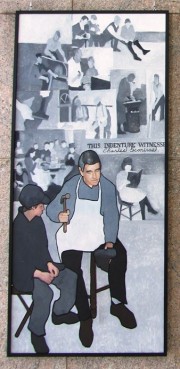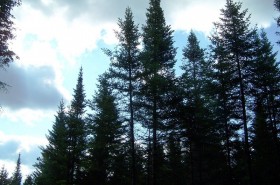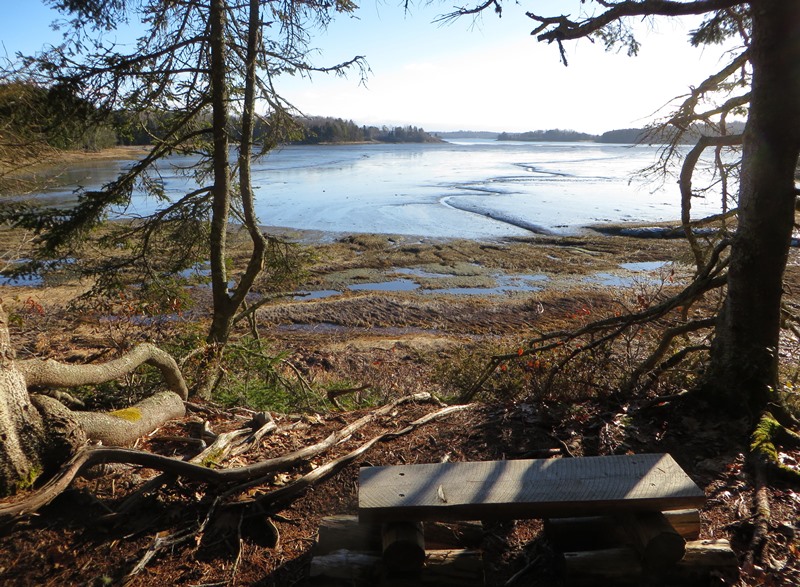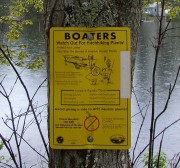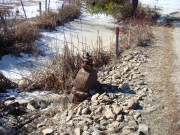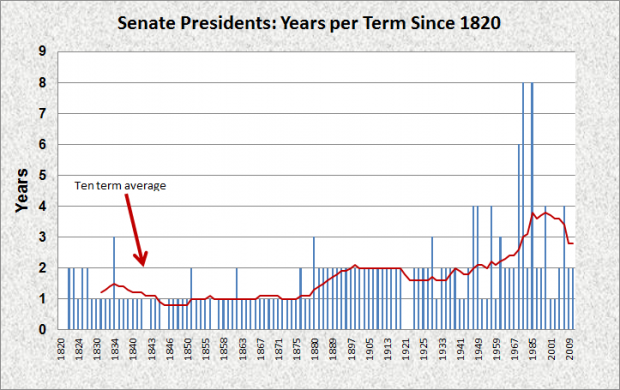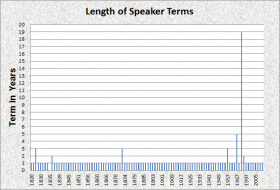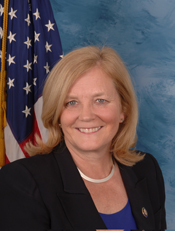Canals
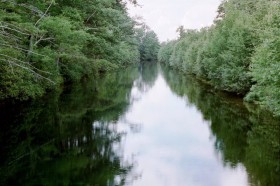
An early transportation facility in Maine was the canal. The need for public support for canals was recognized in 1820 by the state’s first governor William King’s inaugural address. In 1834 the Board of Internal Improvements was authorized by the Maine Legislature. The Board’s responsibility was to “explore and examine the great water courses of…


